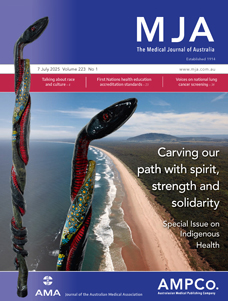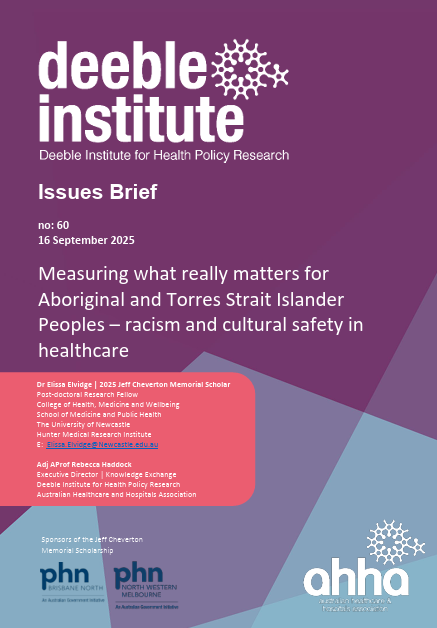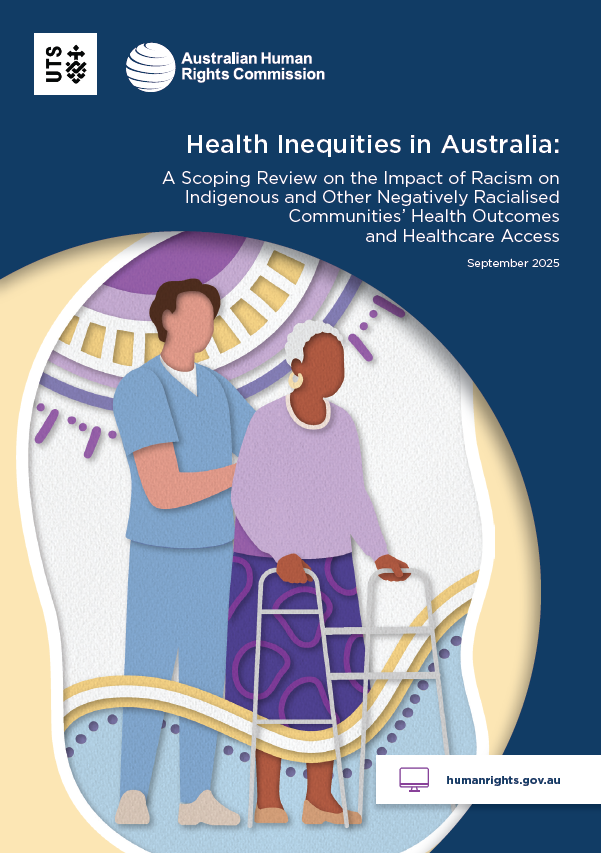
Material and resources regarding First Nations peoples and cultures has historically been created and recorded by non-Indigenous people and may not have had the input of First Nations peoples themselves. As a result, this material may contain cultural inaccuracies and misinterpretations, or words and descriptions which could be considered insensitive, outdated and/or offensive in today's context.
 Aboriginal and Torres Strait Islander people should be aware that the resources within this guide may contain images, voices, or names of deceased persons.
Aboriginal and Torres Strait Islander people should be aware that the resources within this guide may contain images, voices, or names of deceased persons.
 The college welcomes your feedback regarding any potential omissions, misrepresentations, or inaccuracies regarding First Nations peoples, as well as suggestions for additional resources.
The college welcomes your feedback regarding any potential omissions, misrepresentations, or inaccuracies regarding First Nations peoples, as well as suggestions for additional resources.

 Deeble Issues Brief No. 60 - Measuring What Really Matters for Aboriginal and Torres Strait Islander Peoples – Racism and Cultural Safety in Healthcare
by
Institutional racism within Australian hospitals is a critical public health issue that profoundly impacts Aboriginal and Torres Strait Islander peoples. This racism is not merely a collection of isolated incidents; it’s a systemic problem that affects patients at both an individual and societal level. Experiences of racism and culturally unsafe care creates lack of safety in the system which contributes to poorer health outcomes, lifelong harm, and in some cases, preventable deaths.
While tools exist to assess institutional racism, they are not consistently applied, which limits accountability and progress.
This Issues Brief calls for a fundamental change in approach which moves away from fragmented, superficial measures toward a unified, data-driven, and Indigenous-led strategy.
Deeble Issues Brief No. 60 - Measuring What Really Matters for Aboriginal and Torres Strait Islander Peoples – Racism and Cultural Safety in Healthcare
by
Institutional racism within Australian hospitals is a critical public health issue that profoundly impacts Aboriginal and Torres Strait Islander peoples. This racism is not merely a collection of isolated incidents; it’s a systemic problem that affects patients at both an individual and societal level. Experiences of racism and culturally unsafe care creates lack of safety in the system which contributes to poorer health outcomes, lifelong harm, and in some cases, preventable deaths.
While tools exist to assess institutional racism, they are not consistently applied, which limits accountability and progress.
This Issues Brief calls for a fundamental change in approach which moves away from fragmented, superficial measures toward a unified, data-driven, and Indigenous-led strategy.
 Health Inequities in Australia: A Scoping Review on the Impact of Racism on Indigenous and Other Negatively Racialised Communities’ Health Outcomes and Healthcare Access
by
Commissioned by the Australian Human Rights Commission, this scoping review investigates how racism affects health outcomes and access to healthcare for Aboriginal and Torres Strait Islander Peoples and other negatively racialised communities. It provides evidence-based recommendations to support the National Anti-Racism Framework and drive systemic reform and is also an education piece for practitioners in the health sector.
Health Inequities in Australia: A Scoping Review on the Impact of Racism on Indigenous and Other Negatively Racialised Communities’ Health Outcomes and Healthcare Access
by
Commissioned by the Australian Human Rights Commission, this scoping review investigates how racism affects health outcomes and access to healthcare for Aboriginal and Torres Strait Islander Peoples and other negatively racialised communities. It provides evidence-based recommendations to support the National Anti-Racism Framework and drive systemic reform and is also an education piece for practitioners in the health sector.

 Got big ideas for this ANZCA resource guide? Why not become our advocate? Highlight valuable resources for college fellows and trainees while earning CPD hours!
Got big ideas for this ANZCA resource guide? Why not become our advocate? Highlight valuable resources for college fellows and trainees while earning CPD hours!
 Contact ANZCA Library for more info: library@anzca.edu.au
Contact ANZCA Library for more info: library@anzca.edu.au
Material and resources regarding First Nations peoples and cultures has historically been created and recorded by non-Indigenous people and may not have had the input of First Nations peoples themselves. As a result, this material may contain cultural inaccuracies and misinterpretations, or words and descriptions which could be considered insensitive, outdated and/or offensive in today's context.
 Please contact us if you identify anything of this nature that you think should be removed from this guide.
Please contact us if you identify anything of this nature that you think should be removed from this guide.
Reconciliation Action Plan
ANZCA's Reconciliation Action Plan (RAP) is an important step in our reconciliation with Australia’s First Nations peoples.
 INNOVATE Reconciliation Action Plan (RAP): January 2023 – January 2025 by
INNOVATE Reconciliation Action Plan (RAP): January 2023 – January 2025 by Key documents
Learn@ANZCA
Learn@ANZCA (formerly Networks) is the college's learning management system.
 Note: Some resources located in Learn@ANZCA require that you first register before accessing.
Note: Some resources located in Learn@ANZCA require that you first register before accessing.




Nau mai ki to wharepukapuka!
New Zealand-based users will be pleased to know that the ANZCA library discovery service includes a Māori language interface.

Simply navigate to the Language drop-down (which can be found in the navigation footer) and change the setting to Māori - the interface will then automatically update to utilise Māori language options throughout.

Quick links
About ANZCA
Copyright © Australian and New Zealand College of Anaesthetists.